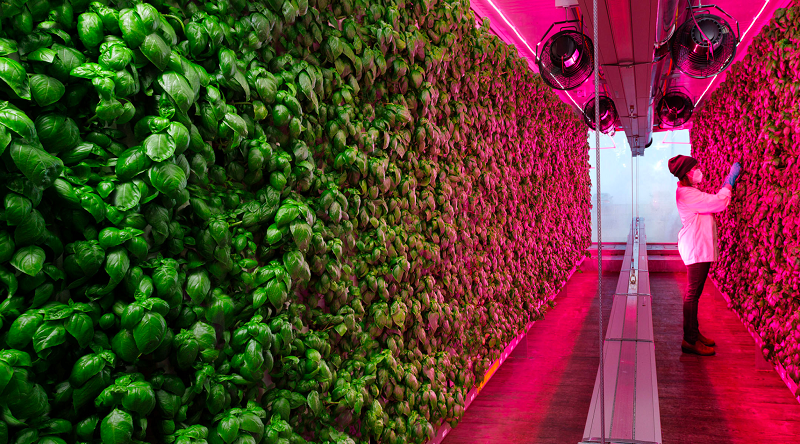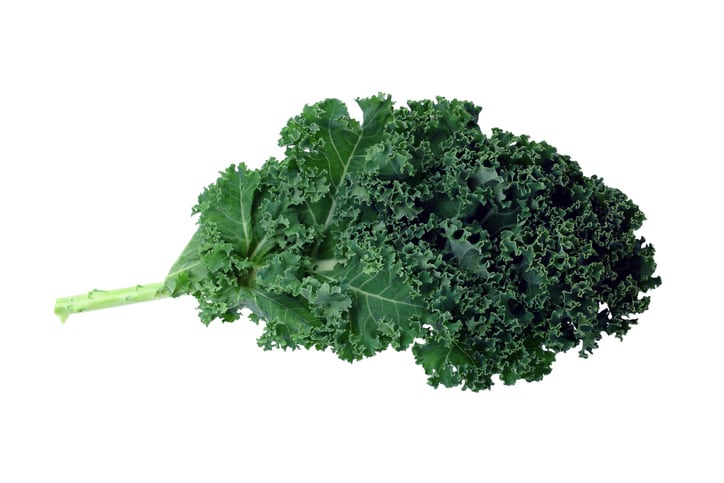Dr. Schramm brings a wealth of experience and expertise to this role, having served as the former president of agricultural affairs at Bayer CropScience, CEO of Bayer CS Germany LLC, and president of the Agricultural Industry Association (IVA).
“We are incredibly honored to have Dr. Schramm join our team as Chairman,” said Ido Margalit, the CEO of BetterSeeds. “His proven track record of success in the agricultural sector, combined with his deep understanding of the market and strategic vision, will be invaluable as we continue to develop innovative solutions to address climate change and global hunger challenges.”
He added that throughout his career at Bayer, Dr. Schramm has consistently demonstrated a commitment to innovation and growth within the agricultural industry.
“Being passionate about innovation in agriculture, I am delighted to serve as chairman of the board of BetterSeeds,” said Dr. Schramm. “What task could be more honourable than contributing to fight hunger? The innovative breeding technology developed by BetterSeeds will be key to produce drought- and heat-resistant crops which are strongly needed in times of climate change. Together, we can shape a more sustainable future for agriculture.”
What’s key to CRISPR’s broader adoption in ag?
Dr. Schramm’s appointment comes as BetterSeeds seeks to enable the broader use of CRISPR in agriculture.
This technology is “well known” and its value is “well understood”, Margalit told AgTechNavigator. “But we are seeing that even though it’s been 12 years since it was discovered, there’s been slow adoption and few products on the market. The main reason for is that using Crispr technology is arduous and it’s very difficult applying it across all crops.”
Margalit is himself a former Syngenta business development manager who co-founded BetterSeeds in 2017 on the conviction that CRISPR tech is the “future of ag”.
He said BetterSeeds uses CRISPR gene editing to design better performing, more resilient crop varieties to address food security and climate change challenges facing agriculture.
According to Margalit, current precision technologies can’t address the fundamental challenges of climate change and reducing agriculture’s carbon footprint. Via its proprietary EDGE (Efficient Delivery of Gene Editing) platform, therefore, it enables the application of CRISPR gene editing across a wide range of crops. It aims to boost crop yields, accelerate maturation times, and make crops more resilient to climate change factors like heat, drought, and herbicide resistance.
This platform is intertwined with a unique, AI-powered genome editing tool and unique climate resilience traits. Together, these solutions aim to unlock the “true potential” of CRISPR technology, allowing BetterSeeds to design crops with built-in climate resiliency empowering farmers with the solutions they need to adopt sustainable practices, protect the global food supply, and significantly reduce greenhouse gas emissions.
“Companies have a very narrow product portfolio, and we are seeing very crops being applied with it,” said Margalit. “To make CRISPR easy, cheap and broadly used, you need a delivery technology that can apply it across all crops. This is one of the fundamental technologies that we are working on.”
CRISPR does “amazing work” once in the plant, he continued. “We now need a solution to enable it to reach each and every plant cell of each and every type of crop. EDGE is the key to enable the actual broad use of CRISPR. It’s the missing piece in the puzzle.”
Is CRISPR the future of ag?
“In order for crops to perform, they need genetic traits that enable them to survive the climate change challenges that exist like drought and heat. Up to now, conventional breeding has not been able to provide those solutions,” explained Margalit. “CRISPR enables us to resurface into those plants those hidden traits that exist in those plants.”
BetterSeeds is the first company to successfully edit the highly nutritious cowpea gene for higher, mechanically harvestable yields. Its traits can reduce the water intake of farmers by 70% because the crops they planted don’t need as much water, said Margalit.
BetterSeeds’s business model further aims to facilitate the broader use of CRISPR technology. It recently acquired the commercial seeds unit of an Israeli company to merge seed breeding expertise with its gene editing technology for faster commercialization.
As well as selling seeds direct to farmers via its fully owned subsidiary seed company, it also is licensing its technology – both EDGE and its traits – to the large multinationals.





